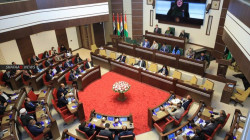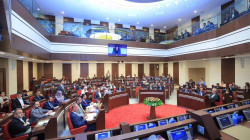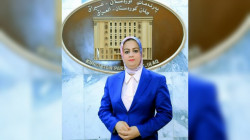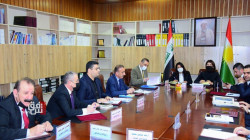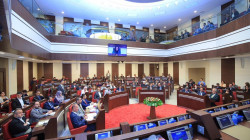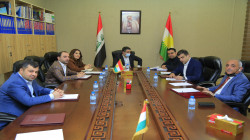Int. Policy Digest: Kurdistan is America’s Last, Best Hope in the Middle East
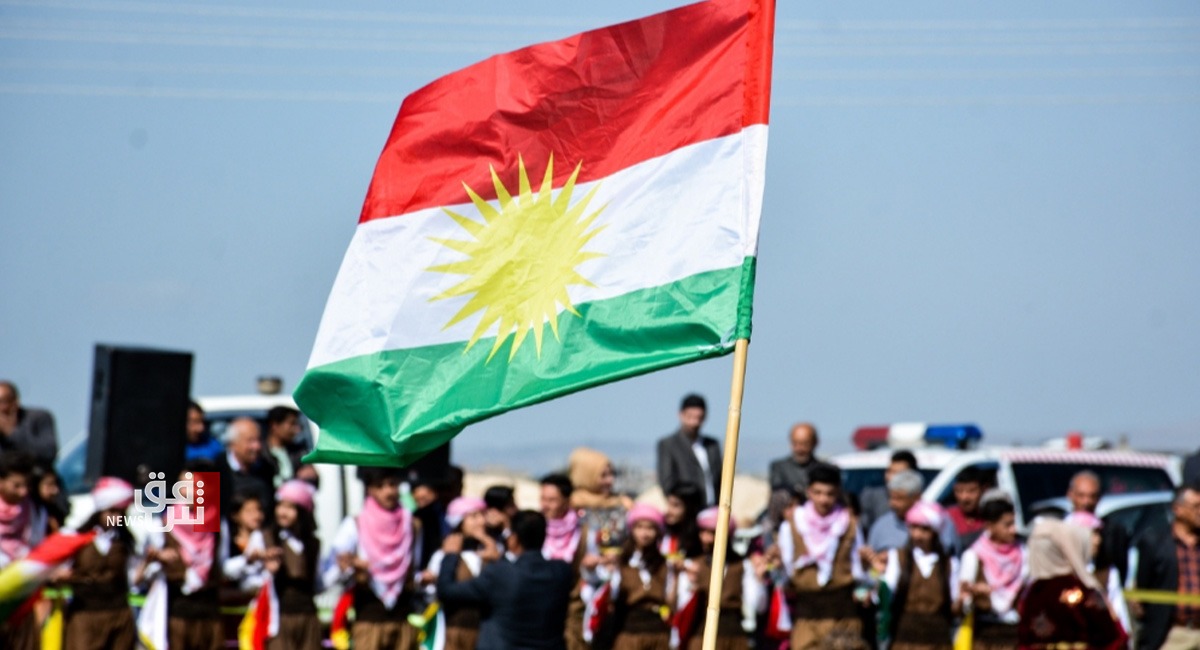
Shafaq News/ The United States should lead an international effort to support the peaceful establishment of the Kurdish state. "The benefits of supporting it are numerous, and the moral imperative is absolute," Ben Segall wrote for the International Policy Digest.
There are 35-million Kurds, an ethnic group whose permanent home spans the territory of Iran, Syria, Turkey, and Iraq. They are the largest ethnic group in the world without a state. The Kurds were promised statehood by the British just as the Jewish people were, after the Second World War. Where Israel has guaranteed the Jewish people a future, the Kurds remain an international afterthought, suffering endemic and indiscriminate ethnic violence.
The United States should lead an international effort to support the peaceful secession of Kurdistan from the current state of Iraq. The benefits of supporting a Kurdish state are numerous, and the moral imperative is absolute.
Kurdish military forces have proven themselves as stalwart U.S. allies for over three decades. Kurdish fighters assisted U.S. forces in the fight against Saddam Hussein, then against Al Qaeda, and yet again in rolling back Islamic State territorial gains. Through the turmoil of the Iraq war, Iraqi Kurdistan remained a stable, peaceful economic hub, open to technological advancement and foreign investment. The Kurdish government is defined by its secular nature, and respectful tolerance of other coexisting Arab groups. The Kurds’ distinct identity, their liberal government, and economy, as well as their history of military prowess, make them a prime candidate for U.S.-supported statehood.
Just as the U.S. has a proud legacy supporting Israel, so too can Kurdistan represent a lasting U.S. success in the Middle East. If the U.S. and its allies put effort into supporting Kurdistan’s national development, its people could thrive and prosper for generations. Supporting Kurdish statehood could give several U.S. allies in the Middle East a valuable trading partner and target for investment. A Kurdish military, trained and equipped by the U.S., could act in joint counterterrorism operations, and prevent the resurgence of the Islamic State. Kurdistan’s access to oil and intellectual capital, makes statehood a logical and cost-effective course of action.
From a moral perspective, leading the charge on Kurdish statehood could save hundreds of thousands of lives. Saddam Hussein conducted ethnic cleansing in northern Iraq through the 1980s, murdering 187,000 Kurds, and destroying hundreds of Kurdish villages. Saddam’s widespread use of chemical weapons made the “Anfal Campaign” one of the world’s worst genocides post-Nazi Germany. It is not that tolerance between Kurds and Arab Muslims is impossible. Rather, it is that communities founded on tolerance alone, will always be at risk. The foundation of a state, with official borders and a national army, will enable the Kurds to build a society where safety, continuity, and basic freedoms, are guaranteed, rather than granted.
Turkey is the main impediment to Kurdish statehood. It is Turkey and Turkish-backed Islamist militants which continue to commit mass atrocity against the Kurds on a daily basis. A new Kurdish state could offer the cessation of insurgency operations against Turkey, as well as a place for Turkey to deport the Kurds it treats with such contempt. The U.S. should choose to support statehood for its proven Kurdish allies, over a Turkish regime which supports terrorists, and unapologetically commits crimes against humanity. Over time, the benefits of America’s relationship with a loyal Kurdish state will exceed those of a fickle and inhumane Turkey.
The Kurdish people cannot build a state alone. The U.S. is the only country with the leadership capabilities, military will, and historical relationship, to support the state which the Kurds so desperately need and deserve. Turkey must not be allowed to consistently break international law and NATO norms without question or consequence. If the U.S. fails to act, it must accept a share of responsibility for every death and atrocity suffered by its ever-loyal Kurdish partners. What message do we send to our allies if the reward for loyalty like that of the Kurds, is our consistent, noncommittal ambivalence? The costs of alienating other Middle Eastern states, is nowhere close to the cost of allowing genocide and betrayal against the Kurds to continue. A Kurdish state would provide safety and economic opportunity to millions of vulnerable people. The U.S. must do its part to see that a Kurdish state, radiant in freedom and prosperity, comes to fruition before it is too late.
By Ben Segall for the International Policy Digest
